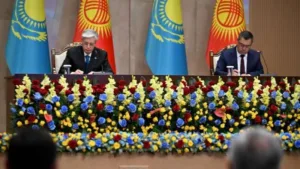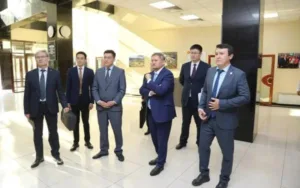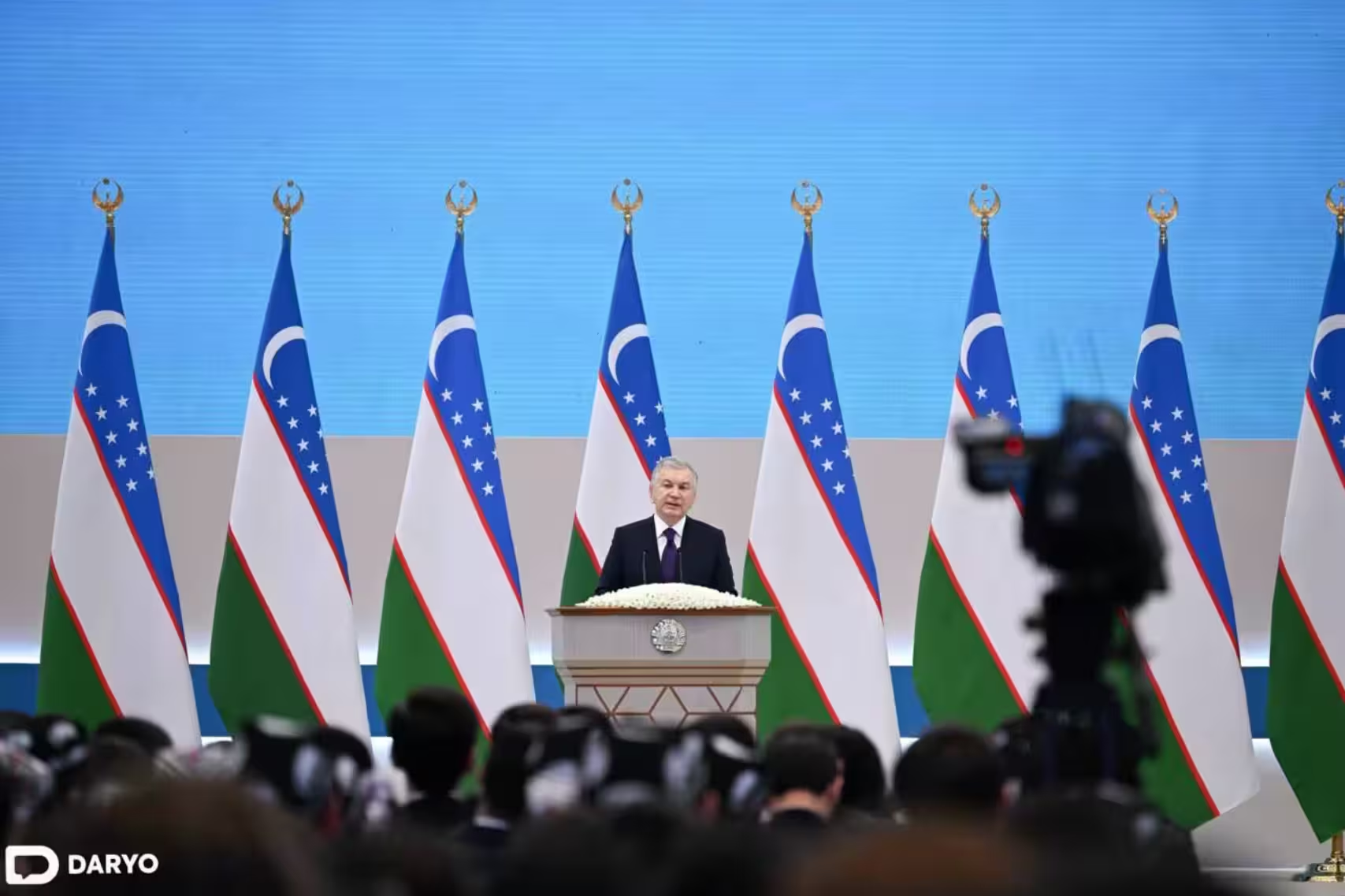At the end of June, in Tianjin, China, on the sidelines of the annual meeting of the World Economic Forum «Summer Davos 2025», the Kyrgyz delegation led by Chairman of the Cabinet of Ministers Adylbek Kasymaliev held a series of pragmatic meetings with representatives of large Chinese companies. The focus was on large-scale cooperation with Chinese corporations in the field of hydropower, presented as a panacea for the republic’s energy deficit.

The key partner is the Chinese corporation TVEA, with which a memorandum of intent was signed back in 2023 to build a cascade of hydroelectric power stations on the Sary-Jazz River. In Tianjin, the parties confirmed their readiness to move forward, promising «to increase the reliability and capacity of the energy sector».
The parade of meetings continued with negotiations with other industrial giants from the Middle Kingdom. The management of Dongfang Electric Corporation, one of the world leaders in the production of turbines for hydroelectric power stations, discussed with the Kyrgyz side «prospects for the development of cooperation». China Energy International Group Co., Ltd has also expressed interest in building hydroelectric power plants in Kyrgyzstan, as have Reclaim Group and Hengyu Group, which are targeting water infrastructure projects. Each of these meetings ended with standard assurances of mutual interest.
The official position of Bishkek, voiced by the head of the Cabinet of Ministers, is that Kyrgyzstan «attaches priority to sustainable development» and is looking for partners with «a high international level of expertise». However, this is where the main dissonance arises. Can development based on the construction of hydroelectric power stations, which are recognized throughout the world as a source of serious environmental problems, be considered truly «sustainable»?
Kyrgyzstan’s desire to gain energy independence is understandable and justified, but the chosen path is alarming. Negotiations with a pool of Chinese companies, primarily interested in large-scale contracts for the construction and supply of equipment for hydroelectric power plants, create the illusion of a quick solution to the energy problem of Kyrgyzstan. At the same time, behind the closed doors of international forums, issues of environmental assessment, public discussion and long-term consequences for transboundary rivers seem to fade into the background. Cooperation in hydropower, presented as a blessing, risks turning into not only environmental problems for Kyrgyzstan in vulnerable mountain regions, but also long-term technological and financial dependence on its powerful neighbor. The question remains: is the republic changing the energy deficit into an environmental and debt trap, beautifully packaged in promises of a «green» future?
Alexander Eskendirov (Rivers.Help!)




